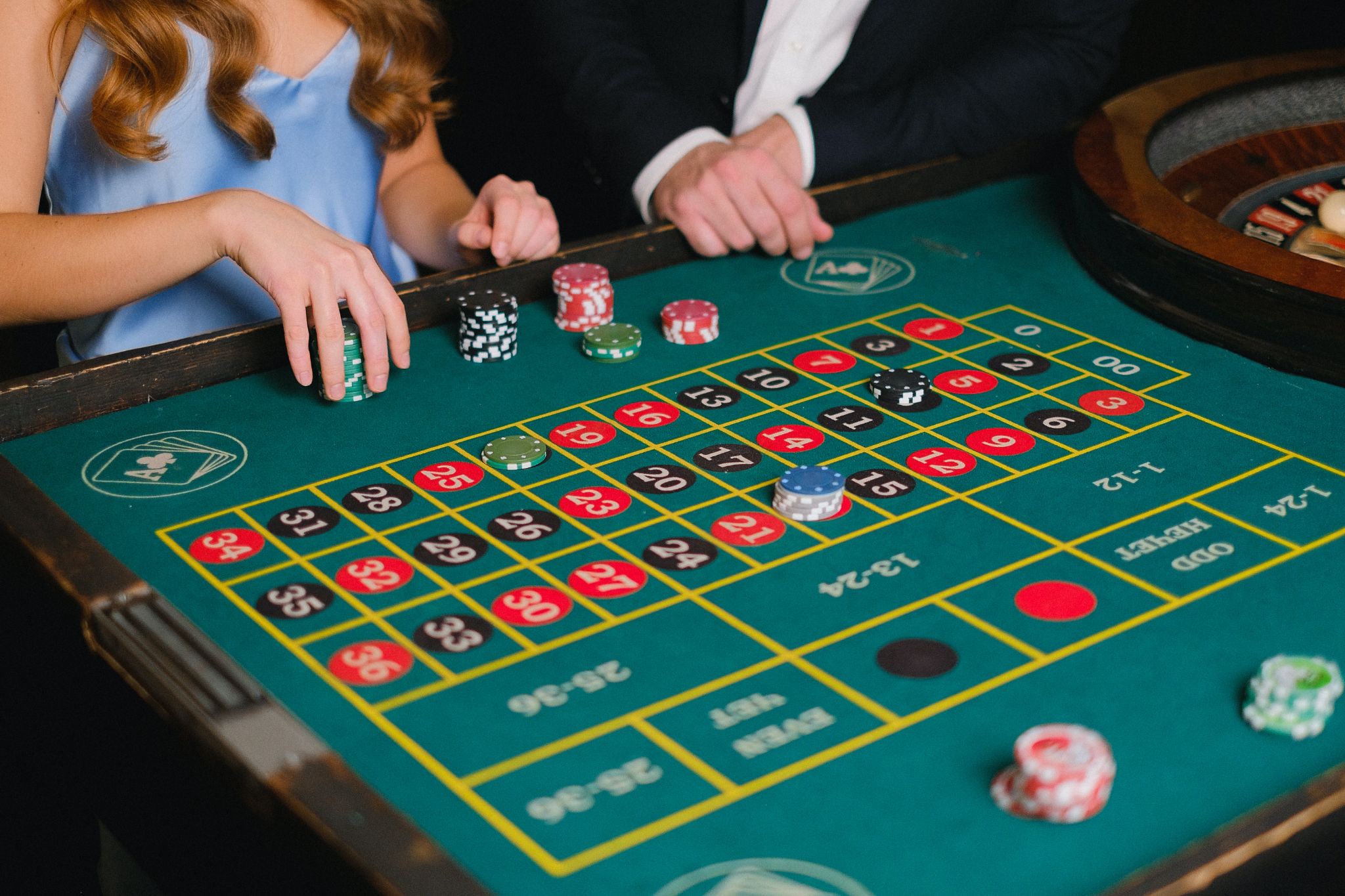
In the world of gambling, in which chance and strategy intersect, a unique tapestry of beliefs emerges—one that intertwines luck, fate, and the enigmatic nature of casino games. Casinos, bustling with excitement and anticipation, are not just places for placing bets; they are also arenas in which superstitions thrive. From the novice player to the seasoned gambler, these mysterious practices often shape how individuals approach the games they play, believing that their actions can impact the outcome in ways that go beyond mere probability.
When players gather around roulette wheels, blackjack tables, and slot machines, the atmosphere is thick with stories of lucky charms, rituals, and codified behavior that defy logic yet provide a sense of comfort. Whether it’s wearing a specific outfit, following a particular sequence of bets, or even avoiding certain numbers, the attachment to various superstitions reflects a deep-rooted desire to control the uncontrollable. This article delves into the captivating world of casino game superstitions, investigating the beliefs that both entertain and mystify those who dare to play.
Historical Beginnings of Superstitions
Gambling activities have long been connected with an array of superstitions that can be traced to primitive societies. The origins of these beliefs can be linked to humanity’s intrinsic wish to control the random outcomes connected with fortune and uncertainty. In ancient civilizations, activities of chance were often linked to spiritual practices. Gamblers would seek favor or ask for favor from deities, believing that their actions could influence the odds in their advantage. This foundation laid the foundation for the variety of superstitions that developed as betting evolved over centuries.
During the medieval age, gambling became a widespread hobby across Europe, and with it, a rich tapestry of superstitions appeared. Participants adopted numerous rituals and charms, believing they could change the outcome of games. The importance of numbers, in particular, started to show in superstitions pertaining to card games and dice. The number seven was often considered lucky, while various numbers carried unfortunate connotations. These notions mirrored the social contexts of the time, changing as they moved through generations and changed to emerging gaming environments.
As gaming establishments emerged in the 1600s, particularly in the Italian peninsula and France, the atmosphere surrounding gambling became steeped in mystery. The growing openness of gambling activities allowed for the dissemination and growth of superstitions among players. Concepts like lucky charms, specific seating positions, and rituals gained prominence, creating a distinct culture within betting houses. As these customs continued to thrive, they became fundamental to the essence of gambling activities, illustrating how the past and society shape the notions that influence how players engage with chance.
Widespread Gambling Superstitions
Superstitions surrounding gambling games are abundant and diverse, mirroring the dreams and fears of players as they engage in random games. One of the most common views is that specific numbers bring fortune or bad luck. For example, the digit seven is often seen as a favorable digit, frequently embraced by gamblers looking for a favorable outcome. nohuwin Conversely, the digit 13 is routinely considered cursed, leading many gamblers to steer clear of it during their gambling sessions.
A frequent superstition relates to rituals that players believe can affect their chances. Whether blowing on dice before a throw, using a particular gesture to place a wager, or even wearing particular items of clothing, many people feel that these actions can sway luck in their favor. These rituals offer a feeling of control in an otherwise unpredictable environment, reinforcing the idea that luck can be created through individual convictions and habits.
Lastly, the environment and atmosphere of the gambling house itself adds to myths. Many gamblers suggest that the presence of certain icons, such as four-leaved clovers or lucky coins, can enhance their odds of winning. Additionally, players might adhere to the notion that winning streaks can be halted by mundane events, such as a person passing by or a accident at the gaming surface. The shared atmosphere in a gambling house can amplify these superstitions, creating a shared culture of myths that goes beyond individual experiences.
Impact of Superstitions on Players
Beliefs play a crucial role in the mindset of gamblers, often affecting their behavior and decision-making. A lot of gamblers think that luck can be manipulated through different rituals, such as wearing a lucky charm, choosing particular hues, or avoiding certain numbers. This dependence on superstitions can create a feeling of authority in an environment that is intrinsically unpredictable. Players frequently feel more confident and involved when they believe that their actions could sway the result of a game in their favor.
The impact of these superstitions extends past singular players, affecting the overall atmosphere within the casino. For example, a player who believes in the luck of a particular slot machine might attract a gathering, as others are intrigued by their apparent luck. This shared belief can amplify excitement and create a dynamic environment, leading to an captivating experience even for those who may not necessarily be believers themselves. The buzz around specific games can lead to increased participation and longer playing sessions, supporting the casino’s lively social scene.
In some cases, superstitions can lead to detrimental effects for players. Depending too much on rituals can result in poor gambling decisions, as some may ignore basic strategies in favor of unfounded beliefs. Additionally, the stress to perform rituals may increase anxiety and stress levels, diminishing from the pleasure of the experience. Ultimately, while superstitions can enhance the thrill of playing casino games, they can also lead to poor choices that overshadow the enjoyment and entertainment intended in the casino experience.